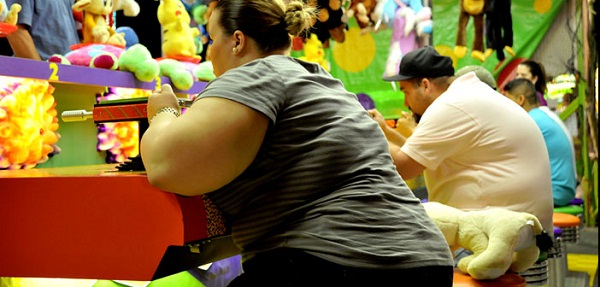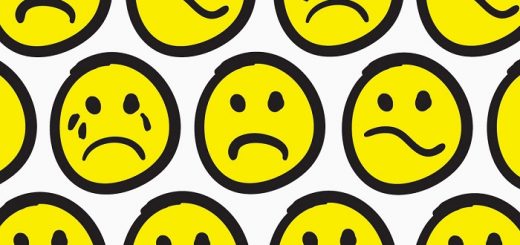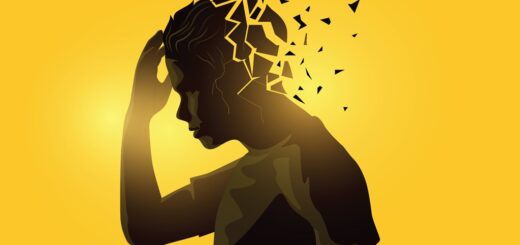What Are the Links Between Obesity and Depression?
Scientists and experts have extensively studied the link between obesity and depression. However, what still isn’t clear is whether one causes the other, and if so, which one. There are a lot of studies that demonstrate depressed people are more likely to become obese, while there are also many studies that show obese people are more likely to become depressed. Clearly, therefore, there is a connection between the two.
Psychological Reasons
It is generally accepted that the obese are more likely to develop depression because of the fact that they have poor self-esteem. Almost every bariatric surgery expert reports that their patients complain about low levels of confidence. Obese people are in poor health and unhappy with what they look like. This is seen particularly strongly in women, but also in those who belong to the higher socio-economic levels of society.
Those who are depressed are psychologically predisposed to become obese as well. This is because their immune and hormonal status changes. People who are depressed often don’t care about what they look like and are less likely to stick to a fitness regime.
Hormonal Reasons
Hormones also link depression and obesity together. Someone who is obese goes through a number of hormonal changes. Healthy people have balanced hormones, but obese people produce more cortisol, which is a stress hormone. As such, they feel stressed and this causes the body to store more fat. Hence, if someone is obese, it can become more difficult to eat less as well.
Biological Reasons
There is some reason to suggest that the weight obese people have to carry stresses the joints, muscles, and bones. This means that they are more likely to become injured or to suffer pain. They also feel a lot more lethargic. The combination of the two can lead to depression.
Social Reasons
The strongest link between obesity and depression, however, is found in societal pressure. Despite the fact that around 66% of Americans are now overweight or obese, the media continues to push images of skinny people on us, leaving the overweight and obese (the vast majority of the population!) feel inadequate and wrong. This leads to social isolation, loneliness, and depression.
Obesity Should Be Treated with Depression
The link between obesity and depression is very clear. It doesn’t even matter which one came first. What is known is that when someone is obese, they are more likely to be depressed as well. Whether they were to begin with is irrelevant. What this means is that doctors should address both the issues at the same time, looking at addressing the psychological and physical problems that the obese deal with. Treating things such as stress, low self-esteem, and poor body image will inevitably lead to a reduction in weight. Antidepressants and diets, however, do not work. Antidepressants often cause weight gain, and diets simply set people up for failure, meaning they will feel even worse than they did to begin with. Instead, it is about encouraging happy, healthy, lifestyles.














